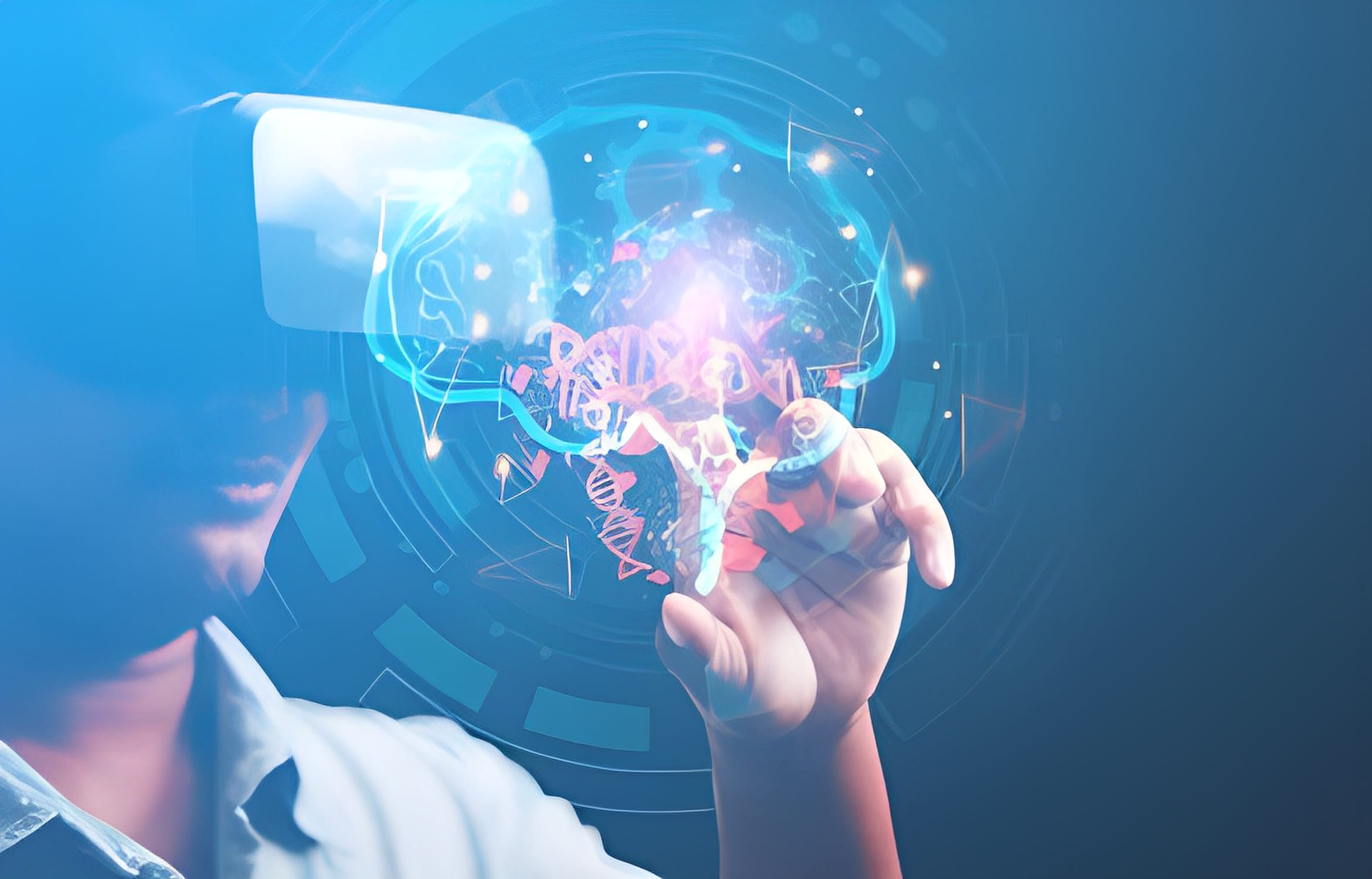Science fiction is quickly becoming a science fact thanks to rapidly evolving technology and countless innovations. One of the most promising examples of this statement can be seen in a brain-computer interface (BCI). How does this system work? How might BCIs be applied across a wide range of industries in the not-so-distant future? Let’s take a moment to answer both of these questions.
What is a Brain-Computer Interface?
Sometimes referred to as a “smart brain”, a brain-computer interface is a system that connects a human brain to an external device in order to process thoughts within a real-time scenario. This system bases some of its technology off of a traditional electroencephalogram (EEG), as it measures spontaneous electrical activity within the brain. However, one primary difference is that a BCI is much more flexible in terms of its applications and it no longer requires laboratory settings. Please refer to BrainAccess.ai for a more detailed overview of these systems.
What Distinct Benefits Can a BCI Offer?
Perhaps the most impressive advantage of these cutting-edge systems involves their user-friendly nature. Their electrodes can connect directly to the scalp without the need for any conductive gel. A variety of headwear configurations are offered in order to provide a greater degree of comfort during use. The battery-operated nature of these devices likewise allows for freedom of movement and therefore, a wider range of potential applications. Additionally, AI-enhanced algorithms will enable users to immediately access all EEG data and even to create proprietary BCI-based software programs.
Emerging Technology with a Host of Potential Applications
The sheer adaptability of these devices will allow them to be used within various real-world scenarios. While this technology is still evolving at a breakneck pace, some possible applications include:
- iGaming
- Non-invasive neurological research
- The possible diagnosis of specific brain-related conditions
- Treating sleep disorders
- Meditation
- Teaching users more efficient ways to absorb and retain information
- A hands-free means to operate machinery
The good news is that readily available devices such as the HALO created by BrainAccess are now more affordable than ever before, find out more here. While no one is entirely certain what the future may have in store, there is little doubt that brain-computer interfaces will play a critical role within a host of industries.
